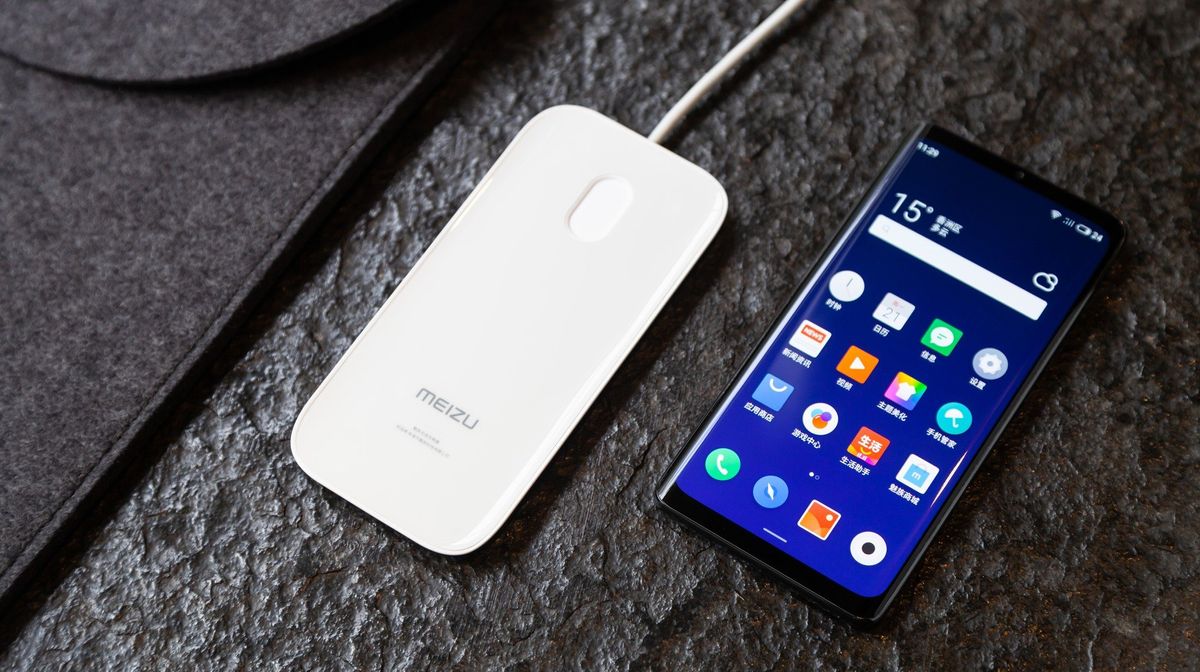Deutsche Telekom, the German telecommunications firm, unveiled an AI telephone on the Cellular World Congress earlier this week (Feb. 27). The telephone, which goals to “exchange the numerous apps” on a conventional smartphone, like an Apple iPhone or Google Pixel, is a collaboration between the corporate Mind.ai and Qualcomm.
Via the usage of AI, on a regular basis features, as soon as carried out by apps, will quickly be executed by a concierge-like assistant. “Synthetic intelligence and Giant Language Fashions (LLM) will quickly be an integral a part of cell units,” Jon Abrahamson, chief product and digital officer of Deutsche Telekom, stated.
“We are going to use them to enhance and simplify the lives of our prospects. Our imaginative and prescient is a magenta concierge for an app-free smartphone. An actual on a regular basis companion that fulfills wants and simplifies digital life.”
In the meantime, on February 19, Meizu Expertise introduced that it was quitting the smartphone enterprise altogether. Its holding firm, Geely, goes all-in on AI, with a perception that synthetic intelligence is the longer term. Consequently, there will probably be no Meizu 21 Professional, Meizu 22, and Meizu 23 sequence shifting ahead. As an alternative, an AI-enabled {hardware} product will probably be launched later this yr, per the corporate.
After all, the above developments come on the heels of units just like the Rabbit R1, a mini AI-based handset, and the wearable AI-powered Humane Ai Pin turning into obtainable to extra prospects.
Luke Pearce, a analysis analyst at CCS Perception, believes that corporations are being attentive to how shoppers have reacted to latest AI developments.
“Customers are associating GenAI with futuristic and progressive concepts, and firms are eager to showcase how they’re utilizing such applied sciences of their product advertising and marketing,” Pearce advised Android Central.
Not solely are corporations being attentive to the futurist potentialities of AI, however they’re additionally keenly conscious of how usually shoppers are making the most of yearly showcase merchandise.

Shen Ziyu, chairman and CEO of Xingji Meizu Group, famous that smartphone customers take longer to improve. His findings noticed that it took a median of 51 months or near 4 years for customers to improve. The Cellular Overview Report by Scientiamobile affirmed that in Q2 of 2023, a majority of Android smartphone customers (26.4 p.c) used their system roughly for 2 to 3 years. DazeInfo added that 61.8 p.c of all Android smartphones are getting used wherever between two and 5 years.
“Smartphone corporations are definitely betting that AI is the reply to encourage upgrades and to attempt to differentiate on software program as a substitute,” Pearce defined.
Nevertheless, it stays to be seen whether or not this will probably be sufficient to encourage prospects to get an improve.
And whereas shoppers will probably see fewer annual occasions saying {hardware} upgrades, such displays aren’t essentially going away, in keeping with Pearce.
“I am undecided if that utterly adjustments as there may be quite a lot of {hardware} concerned in AI telephones, too, such because the chipsets powering these units and the annual generational upgrades in efficiency that these additionally convey. However, sure, going ahead, we may see much less frequent smartphone launch cycles, particularly with rising environmental and sustainability strain.”
Apps and the cash they generate symbolize an important income supply for myriad growth corporations. A telephone that merely has no apps represents one fewer consumer offering earnings, which might then multiply, leaving corporations scrambling to make up for misplaced earnings.
In 2023, Apple introduced that app retailer builders generated $1.1 trillion in billings and gross sales in 2022. In that announcement, it was additionally famous that evaluation from the Progressive Coverage Institute unveiled that 4.8 million jobs are supported by the iOS app financial system alone throughout the U.S. and Europe.
“We’re additionally skeptical of AI units with out app consumer interfaces,” Pearce stated.
“While AI is being described as the subsequent leap ahead for client cell experiences, the present app-based UX will definitely be round for some time longer.”

That app-based UX may additionally linger because of rising issues on the a part of shoppers in regard to AI. Whereas AI has a wealth of advantages, privateness, artistic infringement, and moral issues nonetheless persist and can proceed to. Such emotions will have to be addressed by corporations and producers in the event that they anticipate customers to purchase in.
“Safety and Privateness are key issues for AI,” Pearce stated. “Placing extra AI on the system is the best way ahead to guard consumer knowledge and scale back the need on cloud and third-party entry. Speaking this clearly and sensitively to the shoppers will probably be obligatory to make sure such reservations might be overcome.”
The top result’s a future that has quite a lot of interesting points in addition to trepidation on the a part of each the corporate and the buyer. How can corporations make up for misplaced income and jobs whereas additionally working to tell shoppers concerning the potential of AI?
In the meantime, are shoppers prepared to just accept a world with much less management? These questions will have to be answered sooner relatively than later as this explicit future is quickly approaching.
